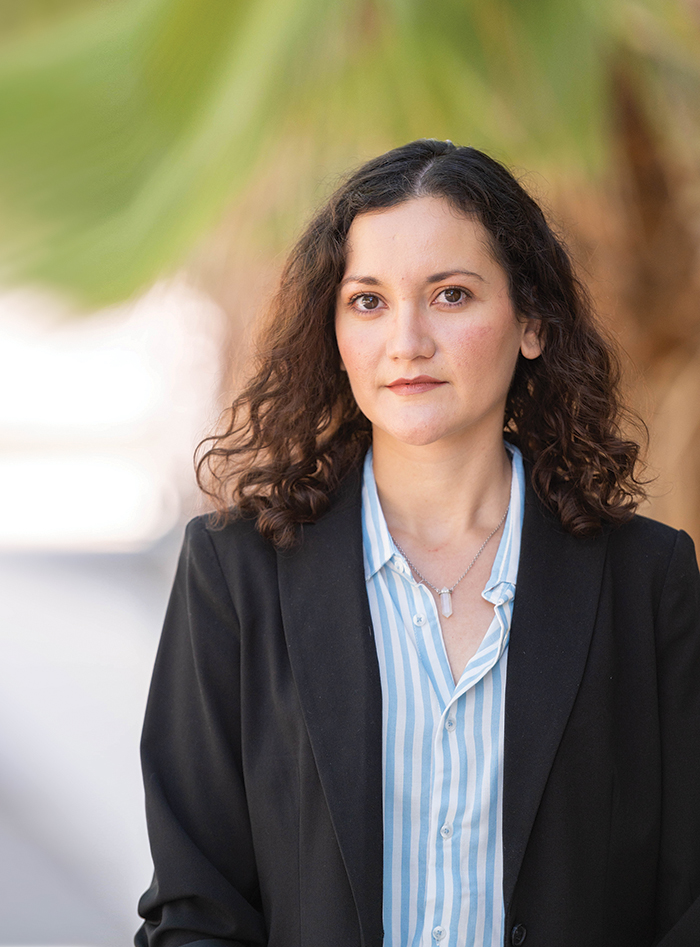"The communities we serve at NMSU are primarily Latinx and other historically minoritized groups. Universities, including our own, have a lot of work to do to carve out spaces for our students to experience safety and belonging on campus. Some consequences of such violence and white dominance in academic spaces are ingrained in values of competitiveness instead of solidarity, and epistemic values that uplift and favor Eurocentric ways of knowing. Critical mentoring, or femtoring, are concepts that can push us, staff or faculty members at NMSU, to challenge historical violence and exclusion of Black and Indigenous People of Color (BIPOC) students on our campus.
Higher education can be tricky and frequently violent, especially for first-generation, undocumented and international students. Our role as mentors must be tied to critical thinking and unlearning, unlearning biased or bigoted notions that we might hold to support our students equitably. That way, we understand the realities and needs of our students, even if they are different from ours.”
López is the director of Chicano Programs at NMSU. She holds a Ph.D. in special education with a focus on bilingual and multicultural special education and a master’s degree in special education from NMSU, and a bachelor’s degree in education from the Universidad Autónoma de Ciudad Juárez. Before returning to NMSU, she served as an assistant professor in the departments of Teaching English to Speakers of Other Languages (TESOL) and special education at the Graduate School of Education at Lesley University in Cambridge, Massachusetts.
Compiled by Tatiana Favela ’15


Dove Hall, Room 212
305 N. Horseshoe Drive
Las Cruces, NM 88003